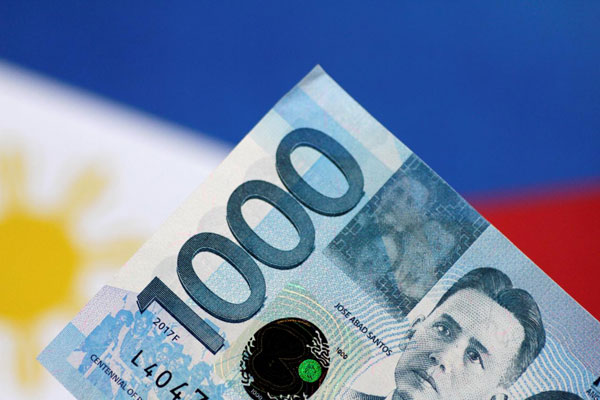The Bank Marketing Association of the Philippines (BMAP), as the leading marketing and communication association in the banking industry, is launching the #FightFraudTogether information campaign to increase consumer awareness and vigilance against cybercrime and fraud.
The global pandemic spurred increased online usage and spending which also gave rise to cybercrimes and fraud cases involving various ways of scamming such as phishing, smishing, SMS scam, ransomware among others as consumers shift to digital transactions.
Cyber criminals have evolved and reinvented scams in online shopping, payments and transactions that are becoming more complex and harder to detect. A social media savvy population makes the country vulnerable to cyber-attacks and fraud incidents.
The Bangko Sentral ng Pilipinas (BSP) received around 20,000 consumer concerns in 2020, of which 13 percent are reports of unauthorized and fraudulent transactions related to deposits, credit cards, e-money services and remittances. The Anti-Money Laundering Council (AMLC) also reported that from March to August last year, fraud cases and unauthorized transactions made up almost 50 percent of suspicious transaction reports by covered institutions.
BMAP calls for the public to always be vigilant, practice due diligence and to not be complacent when it comes to cybersecurity. Fighting fraud is a shared responsibility among financial institutions, customers, regulators and industry associations.
“By working together, Banks can create greater awareness so more Filipinos can learn how to protect themselves. Everyone has a role to play in Fighting Fraud. By showing a united front, the Banks are sendingthe message that cybercrime and fraud is a serious issue,” BMAP President Mike Villa-Real said.
BMAP recognizes that a major attack could shake the banking industry’s stability.
Perpetrators can be more sophisticated, well-funded and organized.
To stay cybersafe, BMAP tells consumers to always check the legitimacy of the message or email you receive.
“Look at the email address, not just the sender. Double check the contact details, official website, and social media accounts of the sender. Ignore and report suspicious links that require private information,” BMAP said.
Consumers must also protect sensitive information and always be vigilant when dealing with information online.
“Fraudsters trick their target victims into giving personal information. Do not share your One-Time Pin (OTP), account and credit card numbers, card CVV/CVC and expiry date, online banking log-in details for your bank accounts. Banks will never ask for these details.
Do not overshare personal information on social media to avoid compromising personal identity,” BMAP said.
Also, BMAP said to not panic as fraudsters use scare tactics to pressure target victims.
“When you receive an email or SMS that threatens or asks you to do something with urgency, stay calm and do not feel obligated to act on the request. Report the incident to your bank immediately,” the group said.





